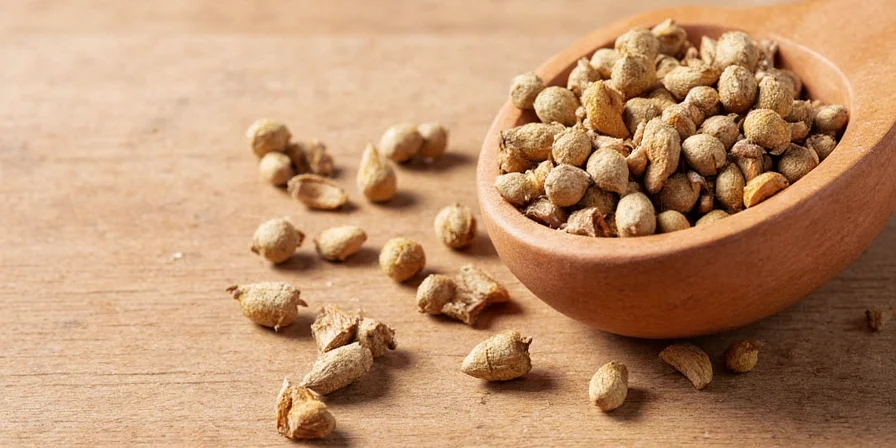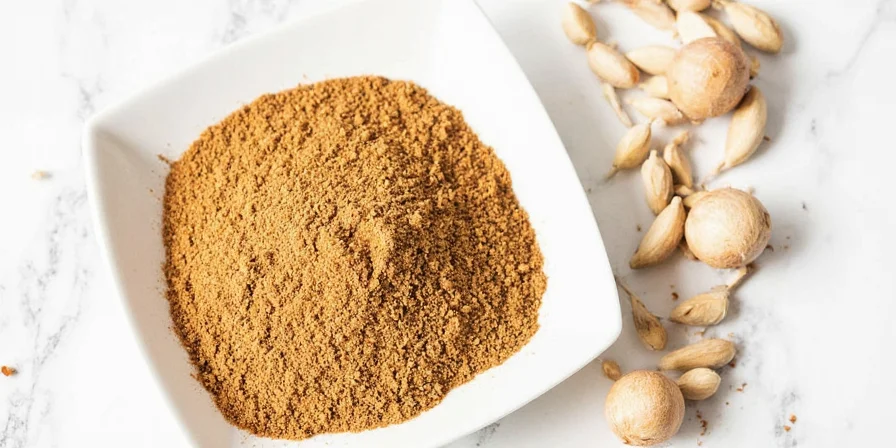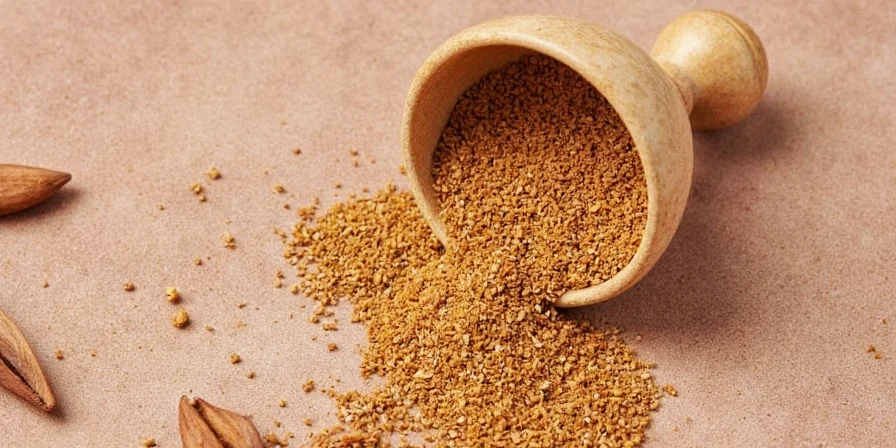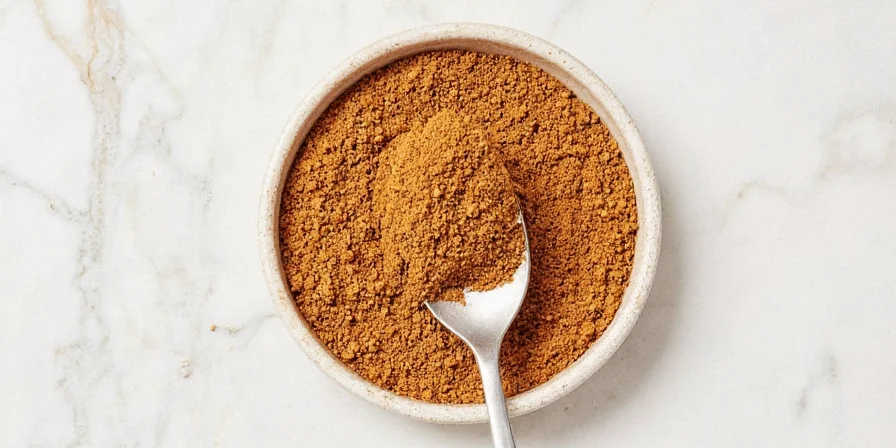Nutmeg Unleashed: 7 Spicy Secrets You Never Knew About This Kitchen MVP
Photo by Annie Spratt
Table of Contents
- The Mysterious Origins of Nutmeg
- What Makes Nutmeg So Special?
- 7 Pro Tips for Using Nutmeg Like a Boss
- Common Mistakes That Ruin Your Nutmeg Game
- Myth Busting: Is Nutmeg Dangerous?
- Flavor Pairings That Will Blow Your Mind
- Buying & Storing: How to Keep Nutmeg Fresh
- Final Thoughts



The Mysterious Origins of Nutmeg
Before it was the star of holiday lattes and pumpkin pies, nutmeg was literally worth its weight in gold. Originating from the Banda Islands in Indonesia—also known as the Spice Islands—this precious pod was once more valuable than diamonds.
In the 17th century, Dutch traders went full “spice gangster” by destroying nutmeg crops outside their controlled islands to maintain their monopoly. Imagine fighting pirates over cinnamon or getting stabbed for saffron—that’s how serious spices were back then!
| Historical Era | Nutmeg Value Compared to Gold | Main Use |
|---|---|---|
| 1500s | Equal value | Miracle cure, status symbol |
| 1600s | More valuable | Trade currency, medicine |
| Modern Day | ~$10 per pound | Cooking, aromatherapy, flavoring |
What Makes Nutmeg So Special?
You might think nutmeg is just that brown stuff you sprinkle on eggnog, but chemically speaking—it’s basically a natural pharmacy wrapped in a warm hug.
The secret ingredient? Myristicin. This compound gives nutmeg its psychoactive edge (more on that later) and also explains why your grandma swore it helped her sleep.

Source: Wikimedia Commons
7 Pro Tips for Using Nutmeg Like a Boss
- Grate it fresh: Yes, pre-ground nutmeg works, but if you want that Michelin-star magic—freshly grated is where it’s at.
- Bake with boldness: Add a pinch to cake batters, custards, and even banana bread for that cozy autumn vibe all year long.
- Boost béchamel sauce: Trust us. A dash of nutmeg transforms basic white sauce into something worthy of a French bistro menu.
- Savory surprises: Try it in tomato-based pasta sauces, potato gratins, or lamb dishes. It adds warmth without heat.
- Upgrade your cocktails: Grated nutmeg on top of mulled wine or a spiced latte = instant cool points.
- Make homemade chai: While most recipes call for cardamom and cloves, a tiny bit of nutmeg brings depth you won’t find in store-bought mixes.
- Pair with citrus: Orange zest + nutmeg = a flavor combo made in heaven. Perfect for cakes, glazes, and custards.
Common Mistakes That Ruin Your Nutmeg Game
Even seasoned chefs mess up when using nutmeg. Here are the most common blunders:
- Overdoing it: Nutmeg is powerful. One teaspoon of ground can easily overpower a whole pot of soup.
- Using stale powder: Pre-ground nutmeg loses potency fast. Always buy whole nuts and grate them yourself.
- Skipping the toast: Lightly toasting the whole nut before grating enhances its aromatic oils and intensifies the flavor.
- Using plastic containers: Store nutmeg in glass jars or metal tins to preserve freshness. Plastic lets flavors escape faster than your morning coffee does.
Myth Busting: Is Nutmeg Dangerous?
Yes… and no. Nutmeg contains myristicin, which in large quantities can cause hallucinations, nausea, and paranoia. But unless you’re grinding half a cup into your oat milk latte, you’re totally fine.
| Dose | Effect | Reality Check |
|---|---|---|
| ¼ tsp | Cozy flavor boost | Totally safe for daily use |
| 1–2 tsp | Mild psychoactivity | Not recommended; effects vary |
| 5+ tsp | Hallucinations, sickness | Avoid unless you like regretting breakfast decisions |
Flavor Pairings That Will Blow Your Mind
Nutmeg plays well with others. Here are some winning combos that’ll make your taste buds throw confetti:
- Nutmeg + Cinnamon + Clove: The holy trinity of fall desserts
- Nutmeg + Vanilla + Rum: Boozy baked apples? Yes please.
- Nutmeg + Sage + Brown Butter: For savory pastas that deserve a standing ovation
- Nutmeg + Cardamom + Almond: Great in cookies, baklava, or marzipan
Buying & Storing: How to Keep Nutmeg Fresh
If you want that true nutmeg flavor, here's how to buy and store it like a pro:
- Buy whole nutmeg: Look for firm, heavy pods with no cracks or mold spots.
- Store properly: Wrap in foil and keep in a cool, dark place like a pantry drawer. Avoid light and moisture at all costs.
- Check for aroma: If it smells faint or musty, toss it. Old nutmeg is like expired sunscreen—useless.
- Grind as needed: Use a microplane or nutmeg grater (they exist!) for best results.
Final Thoughts: Nutmeg—More Than Just Holiday Flair
Nutmeg isn't just the spice that shows up once a year for pumpkin spice lattes and Christmas pudding. It’s a powerhouse of flavor, history, and even mild psychoactivity. From ancient trade wars to modern-day kitchens, this humble seed has earned its place in culinary legends.
So whether you're making béchamel, apple pie, or a spiked hot toddy, remember: nutmeg isn’t just a spice—it’s a mood booster, a memory maker, and maybe—if you go too hard—a temporary psychedelic experience.
Stay spicy, stay curious, and always have a fresh nutmeg pod in your cupboard.











 浙公网安备
33010002000092号
浙公网安备
33010002000092号 浙B2-20120091-4
浙B2-20120091-4